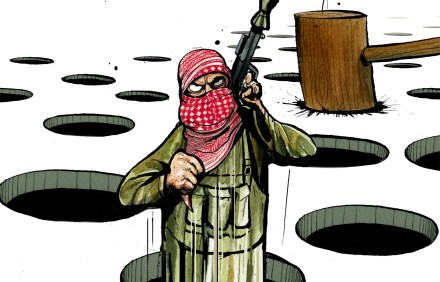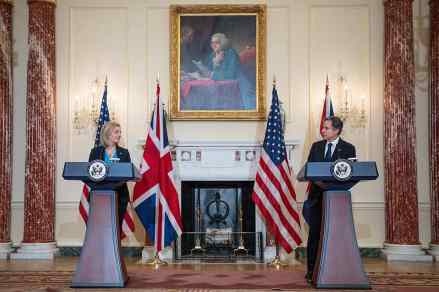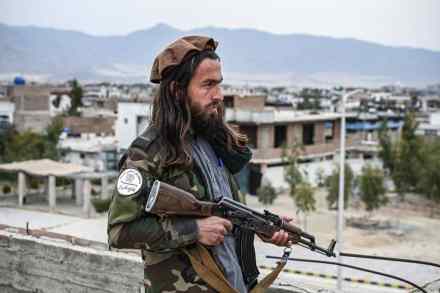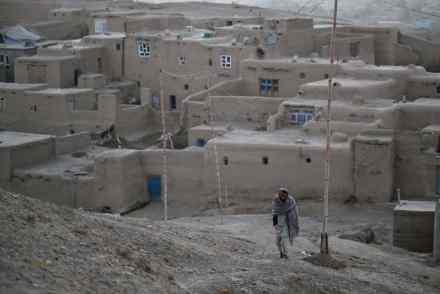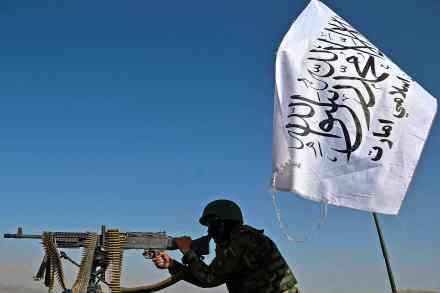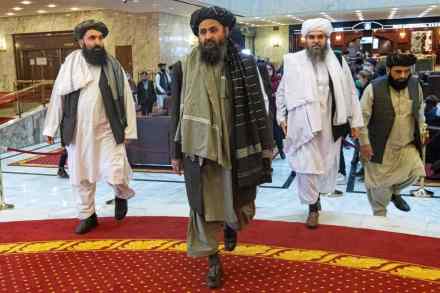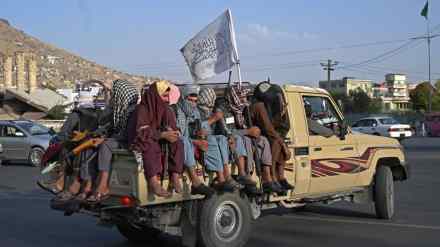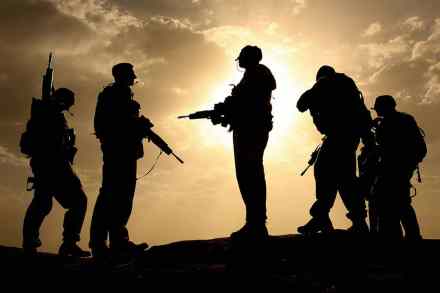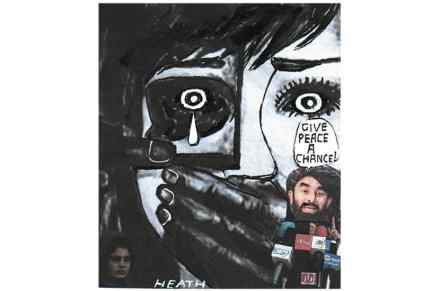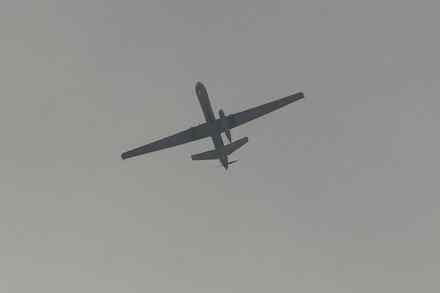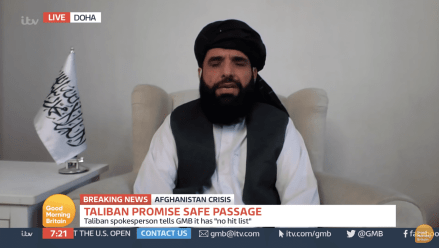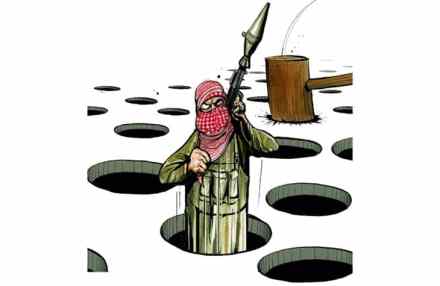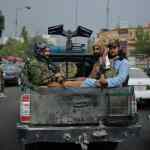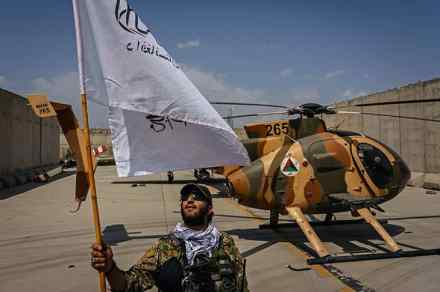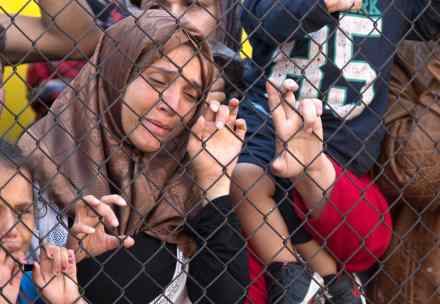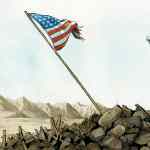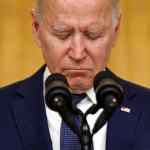Isis is wreaking havoc in Afghanistan
The bomb tore through an examination hall in Kabul on Friday, where students – mostly minority Hazara, mostly young women – were sitting a practice test in preparation for university. Thirty-five were killed, dozens more injured. An unspeakable human tragedy. We don’t formally know who did it, but we can guess. Under the Taliban’s leadership, Afghanistan is a haven for terrorists. And the terrorists compete. The Taliban is, in my judgement, indistinguishable from al-Qaeda. Its eyes are still firmly placed on international terrorism: a campaign of domestic terror within Afghanistan against ‘enemies within’ – be they former members of the internationally-recognised Afghan government, or religious minorities, or campaigners for liberty
